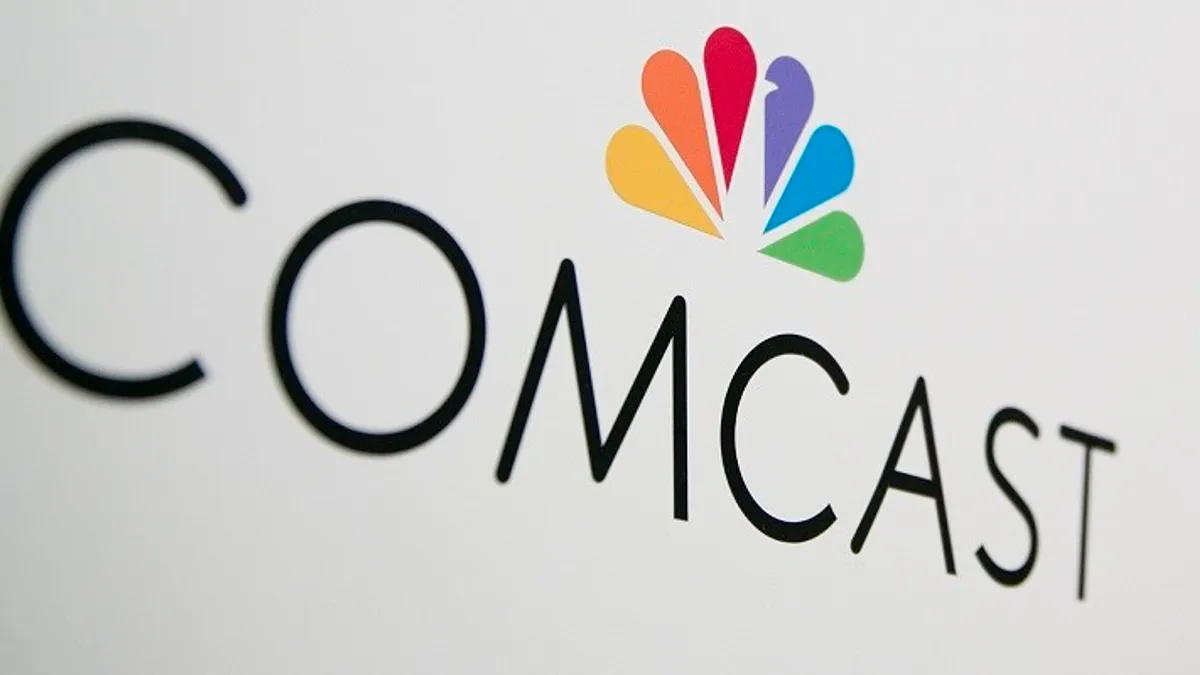Dive Brief:
- Telemundo and its parent companies, including NBC Universal and Comcast Corporation, face a sexual harassment lawsuit brought by a former employee who seeks damages exceeding $75,000 (Santana v. Telemundo Network Group LLC, et al., No. 20-cv-01157 (M.D. Fla. June 30, 2020)). The defendants violated Title VII of the Civil Rights Act of 1964 and the Florida Civil Rights Act, according to the complaint.
- Matilde Santana was an account executive in television advertising sales at Telemundo. She claimed that her manager, Anibal Soto, made sexual advances, comments and jokes toward her and other female employees for years. She alleged in the complaint that Soto's sexual advances included grabbing her by her waist and inner thigh. Soto's behavior was encouraged by Telemundo's general manager, Luis Roldan, Santana alleged. Additionally, while taking leave under the Family and Medical Leave Act for spinal surgery, she also claimed that Soto forced her to work.
- In October 2019, Santana filed a discrimination charge with the U.S. Equal Employment Opportunity Commission (EEOC). As a result, she claimed she experienced adverse employment action and loss of compensation. Santana requested the court issue a permanent injunction prohibiting the defendants from “engaging in unlawful employment practices” and require the company establish “appropriate education, training and development of effective complaint procedures,” according to the complaint.
Dive Insight:
How sexual harassment complaints and investigations are handled in the workplace can affect employee trust in HR, according to research.
Of the 15% of respondents in a survey by Workhuman, published in March, who said they've been sexually harassed at work, more than a third (39%) do not trust their HR departments. Almost half (47%) of the 233 the women respondents who said they had been harassed reported their claims, and 71% said their claims were investigated, according to the report. More than half (66%) of the 137 men in the survey who said they were harassed reported their claims, and 88% said their claims were investigated.
In addition to compliance with the EEOC's requirements of enforcing Title VII, HR leaders can also create a culture of accountability, which research shows may be lacking. A Randstad US survey published in March 2019 found that half of respondents said they did not take action after hearing a coworker make an inappropriate comment to a colleague of the opposite sex. And, more than a third of workers survey said they've witnessed a colleague in a powerful position take advantage of subordinates of the opposite sex.
Although the EEOC reported in January 2020 that sexual harassment complaints dropped in its 2019 fiscal year, HR can play a role in preventing claims by examining internal processes for handling harassment and discrimination complaints, according to experts.












